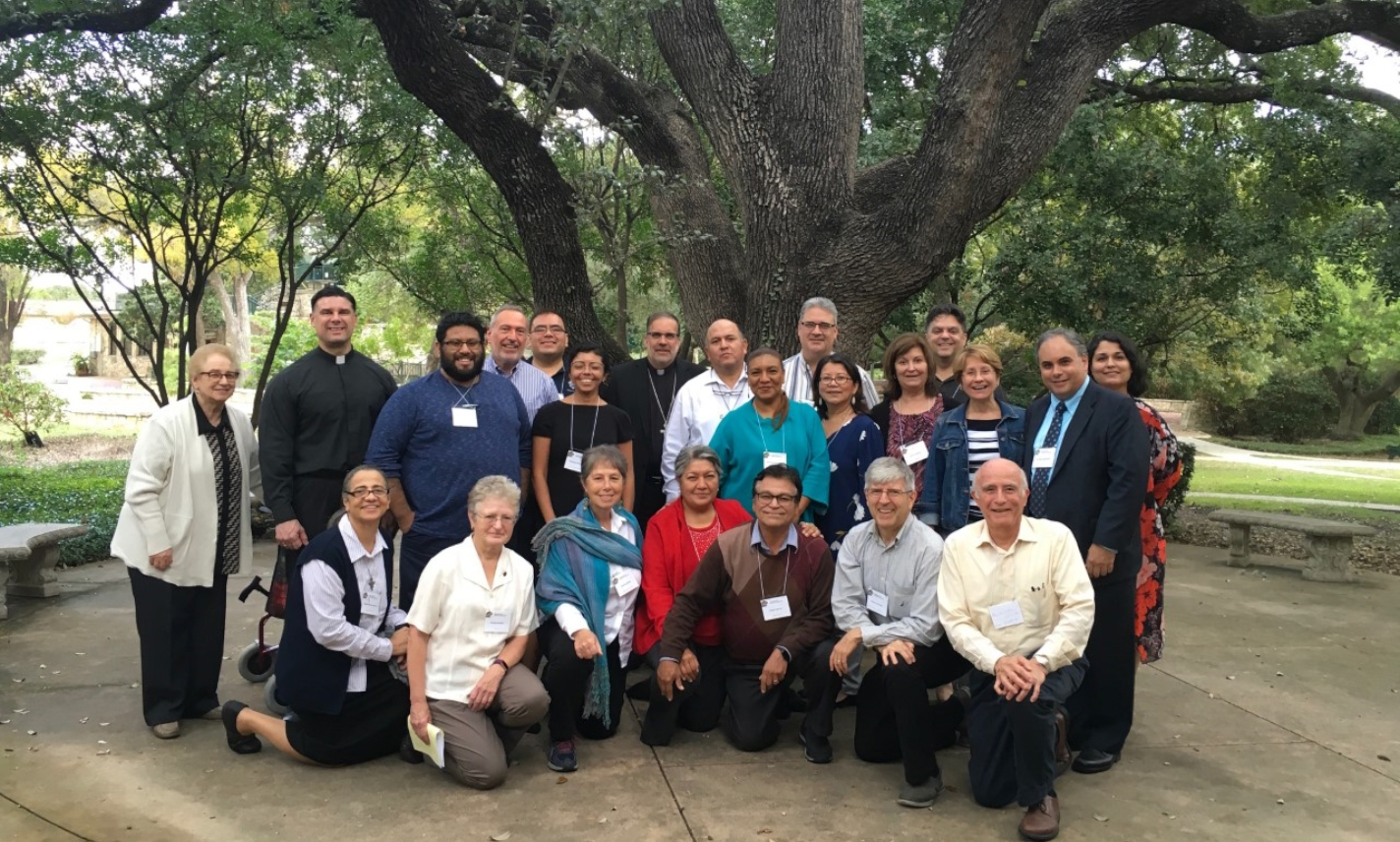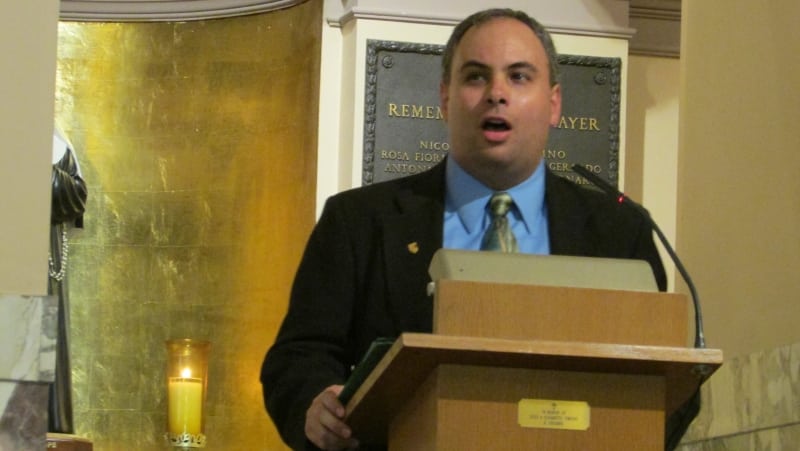The Rev. Dr. Martin Luther King, Jr. during the midst of the civil rights movement in the US, reminded people of the importance role his faith played in the actions he and others took in the struggle for racial and economic justice. He put it poignantly, “Faith is taking the first step when you can’t see the whole staircase.”
Today’s readings are full of opportunities to reflect on the foundational experience of Christianity – faith. They remind us that God often shatters our concepts of how God acts in history and in our lives and invites us to take those first steps, even in the midst of uncertainty!
But first, when discussing faith, it is also helpful to note that the English word “faith” comes from two Latin words, fides and fiducia. Fides is about “belief in” God and refers to faith that is expressed in statements, creeds, doctrines, and so forth. Fiducia refers to “trusting faith” or an experience which elicits a trusting disposition towards God. We get the English word “fiduciary” from fiducia – referring to the idea of trust in economic or other matters of life.
So, you could say that fides is “faith in the head” or in the thinking / intellectual part of our life, and that fiducia is “faith of the heart,” or the experiential / emotional core of our faith in God.
While both aspects are important, historically the church has emphasized fides – the “head” aspect of beliefs and teaching – believing correct teaching. This is indeed a very important part of our Tradition. Yet it is the foundational encounter with God and trust in God – the fiducial aspect of faith – which is emphasized in our readings today.
The letter to the Hebrews beautifully identifies faith as “realization of what is hoped for and evidence of things not seen.” The witnesses of faith mentioned from the Hebrew Scriptures – Abel, Enoch, and Noah, are all examples of those whose faith was rooted in a fundamental trust in the goodness and love of God.
And of course, in the Gospel from Mark, we see two other examples of fiducial faith from the Jewish Scriptures – Moses and Elijah – who appear alongside Jesus during his Transfiguration. Moses trusted God’s promise of deliverance of the people from their slavery in Egypt. Elijah held fast to the faith in one true God in an era when people were swayed by idols and material wealth and power.
During this revelation of Jesus full identity, and the appearance of these two witness to faith, the experience of Peter, James, and John on the mountain is a perfect example of faith as “realization of what is hoped for.” But, after this profound “faith experience” the three disciples – arguably the ones closest to Jesus through his whole public ministry – struggle to make sense of the meaning, and only later – in light of Jesus resurrection – do they come to understand it.
Sometimes faith in God means we must move forward in our lives in unexpected or unplanned ways – as those disciples had to do – taking the first step, and trusting God to reveal the rest.
It is thus appropriate that we hear these readings as we get ready for the season of Lent, which begins next week. During that time of preparation for Easter, we will have many ways to re-commit ourselves to a faith that not only believes what is true about God, but allows us to be embraced by God who enters our lives and invites us to a relationship and to a spiritual journey.
Let us pray that as celebrate the Eucharist – the feast of faith which makes truly present the whole life of the Risen Christ in our midst – we will allow our experience of God to disrupt our routines – and trust in God anew, to lead us to new ways of living, both in this life and the one to come.
God give you peace!


 Request Dr. DelMonico's professional services for a liturgical, ministerial or leadership consultation, or for an academic or public presentation.
Request Dr. DelMonico's professional services for a liturgical, ministerial or leadership consultation, or for an academic or public presentation.